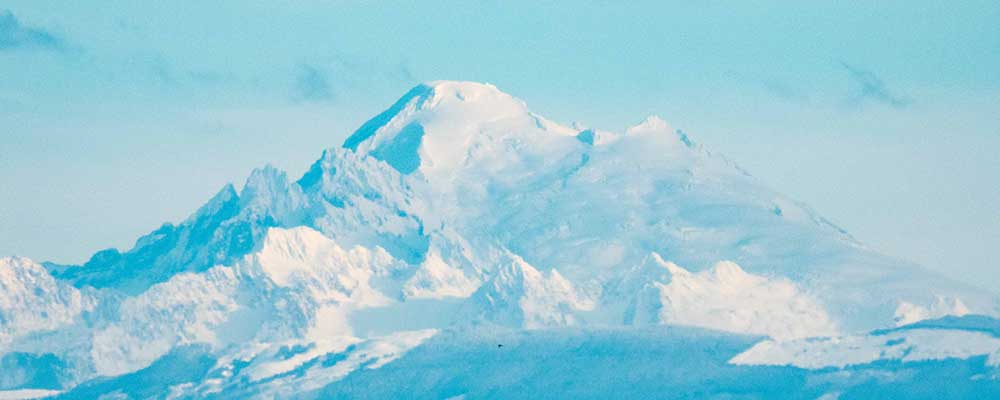©1986 Lawrence I. Charters
Off Duty, June 1986, p. 9.
[A short article in response to a reader question about diving in Japan.]
Diving in Japan is a rewarding experience, although both expensive and difficult. Japanese law prohibits diving within 1,500 meters of waters controlled by a fishing association. Since Japan is an island-nation, and virtually all waters are controlled by fishing associations, diving is essentially prohibited unless special arrangements are made-and the police will not hesitate to pick you up.
For legal reasons as well as safety concerns, you should contact one of the base diving clubs. These often pay fees to fishing associations for the right to dive at a particular spot at a certain time; they may also hire transportation to and from the dive site. Not only will this keep you out of trouble with the police, it will also help overcome any temptation you may have to dive alone-never a good idea.
Equipment sold in Japan’s many commercial diving shops can be up to five times more expensive than in similar shops in the States, and few of the sales personnel speak English. Equipment certification also differs, and this can pose serious safety concerns.
One of the oldest and best established base clubs in Japan is Yokosuka ‘s Bubble Club. Located in Building J-422, the club meets on the first and third Wednesday of the month at 1830 hours, and has its own compressor, lockers and some equipment for rent. Contact the club by calling (Mil) 234-4313.
Paul Ceselsky, master diving instructor and the club ‘s safety and training officer, has been diving in Japan for 30 years. He reports some particularly enjoyable diving sites off the lzu Peninsula and the coast of Chiba Prefecture. Advanced divers may try an even more challenging feat: viewing the hulk of the USS Oneida. Struck by the British steamer Bombay in the 1870s, the warship sank in deep water in Tokyo Bay, and its cargo of silver has never been recovered.
